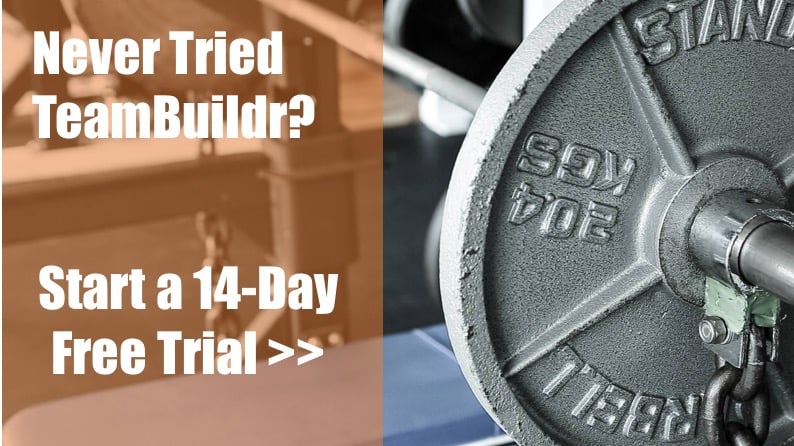Why Strength Coaches Should Turn Away Late Athletes From the Weight Room
In early May 2015, a group of 22 collegiate strength and conditioning professionals gathered for a round table discussion at the Drexel athletic center. The conversations that took place covered a variety of topics including the recent Tulane strength coach firing, how to handle weight room scheduling, changing NCAA regulations regarding certifications, and much more. However, one of the better discussions surrounded how to handle athletes that showed up late the weight room which seemed to be relevant issue to everyone there.
Coaches from high school to Division 1 admitted this was a persistent dilemma in their programs. Surprisingly, three D-III strength coaches shared a tactic that was informally declared the most successful strategy: Don't allow the athlete to workout in the weight room. Rather, send them home and inform their sport-specific coach about it.
In a TeamBuildr Twitter poll, coaches seem to be split on how to address the issue.
According to strength coaches who embrace the philosophy, there are three primary reasons why coaches should turn away late athletes from the weight room:
1. It Sends a Message That a Professional Strength and Conditioning Program is a Privilege, Not a Right
According to one strength coach, when athletes arrive late they are subconsciously devaluing the importance of the weight room. Just like wearing the school's athletic logo and earning a spot on the team roster, the ability to train in the weight room under a professional strength coach should be seen as a privilege, not a right. Turning an athlete away sends a clear signal that although workouts are not always mandatory, it is also not mandatory that a strength coach train the athlete either.
2. Having a Late Athlete Join the Group Can Bring Down the Team
Another reason for this tactic is that separating late athletes can be healthier for the team. Sometimes, late athletes can slow down the team pace or impair the enthusiasm of the group - especially if there are repercussions for being late (accelerated warm-up, etc.). In some cases, keeping the athletes who show up on time to themselves can maintain a healthy herd mentality. It's similar to the principle that school teachers apply to unruly behavior - alienate the behavior and the individual will fall in line once they are separated from the group.
You late? Go away.
3. It Employs Support from the Sport-Specific Coach
Lastly, when athletes are sent away from the strength and conditioning session the sport-specific coach should know. It will be obvious that the athlete missed out on valuable time getting better and the coach will have some "skin in the game" when this happens. It is effective when the strength coach and sport-specific coach take on a unified stance when addressing the athlete and will create the best chance at influencing the athlete's behavior.
Not everyone was quick to agree with the "go home" method. For instance, one strength coach noted that he had an issue knowing that an athlete would go home that day and not be able to get any strength work done at all. His counter-argument was that some strength training was better than none. However, coaches that employed the "go home" method reminded him that it was a long-term fix whereas accepting late athletes may be an endless battle.
The Alternative
One alternative suggestion came from the strength staff at Temple University. They implemented a "default 6am morning" workouts for any athletes that seemed to have trouble making scheduled workouts. "You'd be surprised how many athletes all the sudden make the original workout time when you implement the 6am rule" says Clare Kaufman. Although being a strength coach on the floor at 6am is not ideal for strength coaches either, the Temple staff noted that the method is meant to prevent athletes from being late - not becoming a standard lift time.
Subscribe to our blog
Subscribe to receive the latest blog posts to your inbox every week.
Related posts

Why So Many NBA Players Are Losing Weight

5 Step Framework for Training Youth Athletes


